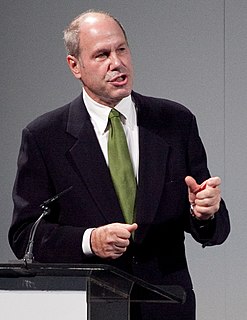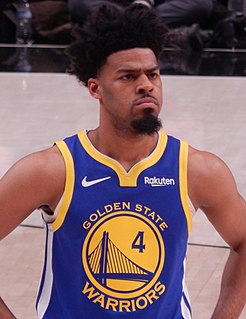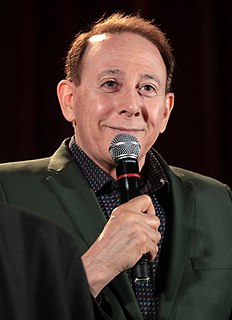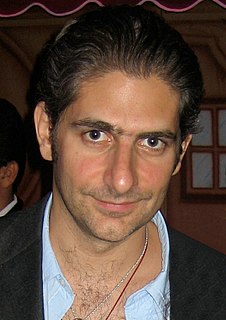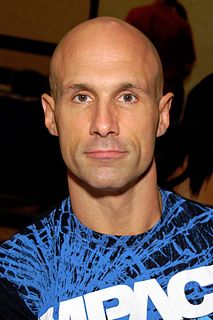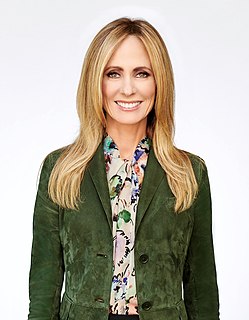A Quote by Michael Eisner
Years later, I found myself running
a network television division and then a
movie studio and now an entire entertainment
company. But, much of the success I've achieved
can be traced to the direct and metaphorical
lessons I learned in building those campfires.
I can hardly think of an aspect of my life
that wasn't positively affected by my camping
experience.
Related Quotes
I think the fact that father is running now as opposed to in 2012 where he didn't that he's had enough faith in myself and my siblings to be able to run the company.We've got tens of thousands of people that are under his direct employ. Those people, he wouldn't leave a company and leave those people and their lives and everything they've put into it at risk if he didn't think there was competent leadership to take over after him.
When I use the words 'inner journey', I simply mean that you have looked at one aspect of the journey in your life called 'outer', now try to look at another aspect of the journey called 'inner'. You have been running after money, now run after meditation. You have been running after power, now run after God. Both are running. Once you start running after meditation then one day I will tell you, 'Now drop meditation too. Now stop running.' And when you stop running then real meditation happens.
When people are talking about manifesting, we can say, "I want a car, I want a car, I want a car," but if the mind is running, "I don't deserve it, I'll never be able to afford it, I'll never be a success" - if all those things are running - then those things are what we're really manifesting. They are exactly what's running our life. And as long as we believe those thoughts, thinking positively is not strong enough to override our negative beliefs.
All I've learned is that you need the studio system sometimes, if your budget is a certain size, and other films you can do independently. When I think of a studio, I generally think of distribution. Since I'm a director, I have a similar creative experience on every film I do, because I can control that. But then it's a different film, I think, as it reaches the public, depending on the way it's marketed. I don't know. I haven't learned much of anything. Sometimes you need them, sometimes you don't. Sometimes they want you, most of the time they don't.
People can do great things. However, there are somethings they just can't do. I, for instance, have not been able to transform myself into a Popsicle, despite years of effort. I could, however, make myself insane, if I wished. (Though if I achieved the second, I might be able to make myself think I'd achieved the first....) Anyway, if there's a lesson to be learned, it's this: great success often depends on being able to distinguish between the impossible and the improbable. Or, in easier terms, distinguishing between Popsicles and insanity. Any questions?
One of the reasons for The Walt Disney Company's long- term success is really the first of Dr. Deming's famous points, "create constancy of purpose." In his professional career, Walt's major passion was to provide the finest in family entertainment. For the most part, for nearly a century, the Company has stayed true to that legacy, and has set the standard for the entire entertainment industry.
Back then, I was really into composing the entire solo, beginning to end. I wanted to have it at least 80 to 90 percent complete before going into the studio. I didn't improvise in the studio. I was young, and I didn't really have the development in my playing or the ability to show up with nothing and then put down 500 ideas. I can do that now because I'm so much more of a musician now.
